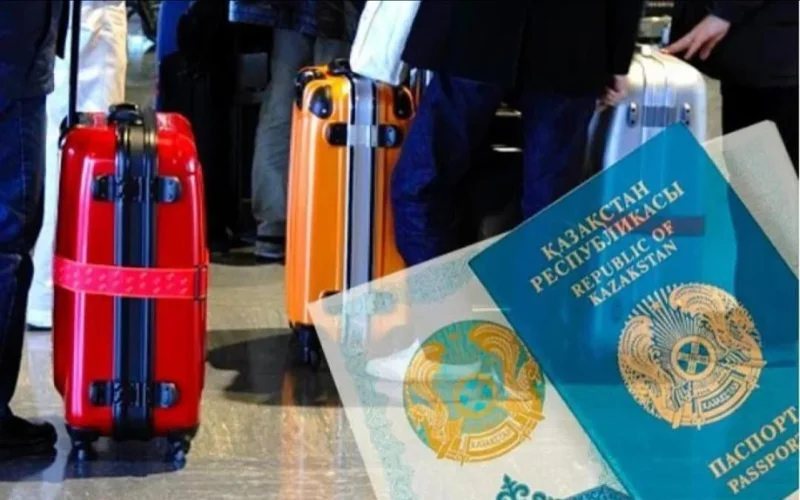Over 8,000 ethnic Kazakhs return to Kazakhstan since beginning of year
A total of 8,051 ethnic Kazakhs returned to their historical homeland and obtained the status of kandas in 2025. Since 1991, 1,156,100 ethnic Kazakhs have resettled in Kazakhstan, Kazinform News Agency cites the Kazakh Ministry of Labor and Social Protection.

Since the beginning of this year, 44.2% of arrivals came from Uzbekistan. 43.2% are from China, 5% are from Turkmenistan, 2.7% are from Mongolia, 2.4% are from Russia, and 2.5% are from other countries.
As of August 1, 2025, 59.1% of ethnic returnees are of working age, 31.8% are underage children, and 9.1% are pensioners. Among those of working age, 15.7% have higher education diplomas, 28.1% have vocational education, 53.5% completed secondary education, while 2.7% have no education certificates.
The new kandas settled across various regions of Kazakhstan. At the same time, specific labor-deficit regions have been designated for resettlement: Akmola, Kostanay, Pavlodar, Atyrau, West Kazakhstan, East Kazakhstan, North Kazakhstan, and Abai regions.
The 2025 quota for kandas resettlement in these regions is set at 2,309 people. As of August 1, 1,286 kandas have already relocated there.
Those who settle in the designated regions receive state support, including a one-time relocation subsidy of 70 MCI (monthly calculation indices) amounting to 275,200 KZT for the head of family and each family member, as well as monthly housing and utility allowances ranging from 15 to 30 MCI, or 59,000–118,000 KZT, for one year.
Since the beginning of the year, various forms of state assistance have been provided to 563 kandas, including permanent employment for 221 individuals.
Additionally, to improve the effectiveness of voluntary resettlement, institutional measures have been introduced to support employers involved in relocating citizens to the northern regions. A new economic mobility certificate has been launched, which can be used to purchase or build housing, or to cover part of the down payment on a mortgage loan. It is provided as a one-time, non-repayable grant covering up to 50% of housing costs, with a maximum of 4.56 million KZT per family.
As reported earlier, the population of Türkiye have surpassed 85.824 million as of July 1.
